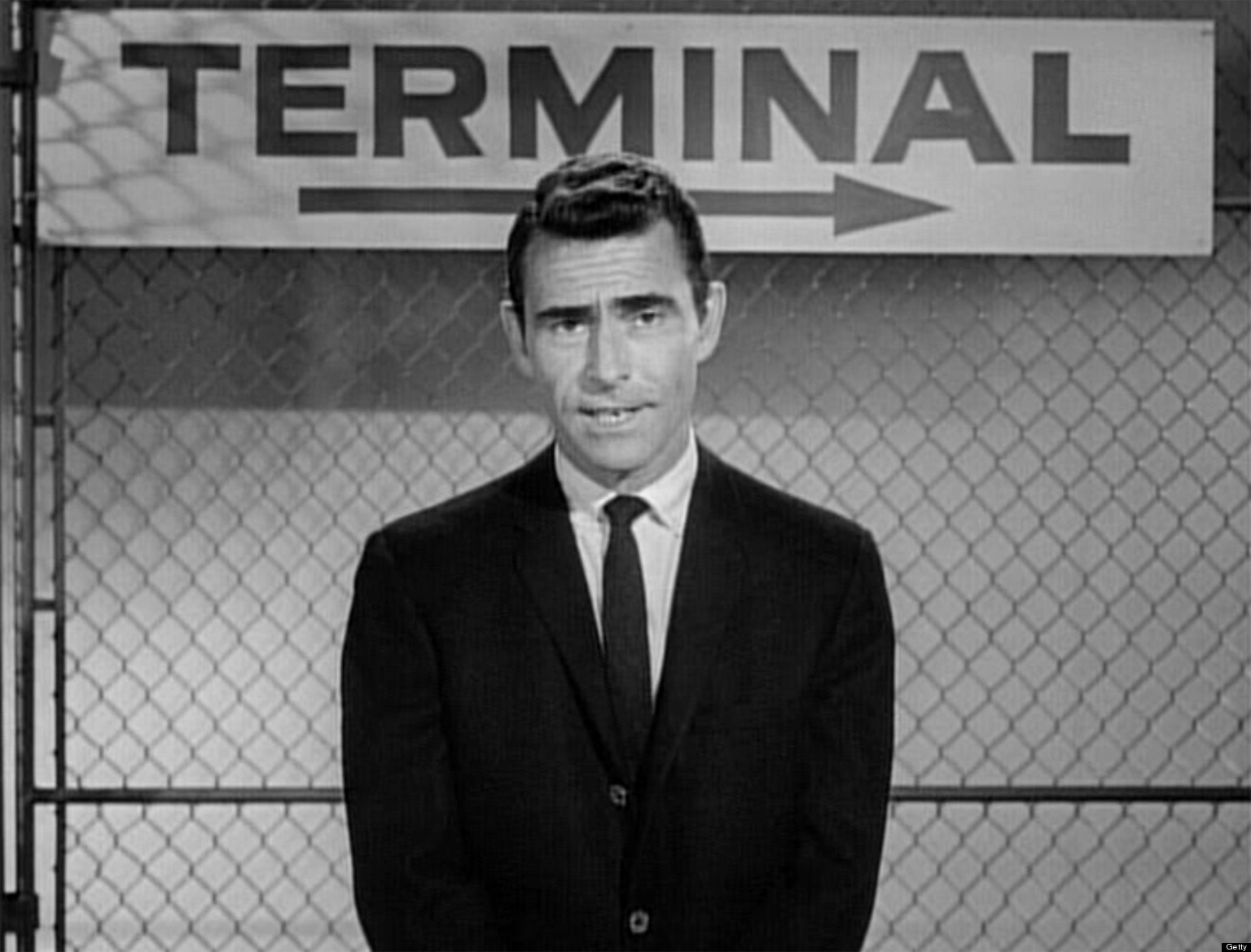- Welcome to Cook'd and Bomb'd.
-
 Simple Minds Stadium Period...
by PaulTMA
Simple Minds Stadium Period...
by PaulTMA
[Today at 01:09:57 PM] -
 If you had to shag an animal...
by Humper
If you had to shag an animal...
by Humper
[Today at 01:08:54 PM] -
 Trans Mania: Graham Linehan...
by Elfking
Trans Mania: Graham Linehan...
by Elfking
[Today at 01:08:16 PM] -
 "that was never the intention"...
by privatefriend
"that was never the intention"...
by privatefriend
[Today at 01:08:08 PM] -
 Snooker 23/24
by Uncle TechTip
Snooker 23/24
by Uncle TechTip
[Today at 01:07:27 PM] -
 Perfect sub 1 minute songs...
by Terry Torpid
Perfect sub 1 minute songs...
by Terry Torpid
[Today at 01:07:25 PM] -
 I'm an artist therefore I...
by idunnosomename
I'm an artist therefore I...
by idunnosomename
[Today at 01:02:10 PM] -
 Terrible album covers thread...
by Ballad of Ballard Berkley
Terrible album covers thread...
by Ballad of Ballard Berkley
[Today at 01:02:07 PM] -
 Space Ghost Coast to Coast...
by famethrowa
Space Ghost Coast to Coast...
by famethrowa
[Today at 01:01:17 PM] -
 Glinner: thread for backseat...
by Poirots BigGarlickyCorpse
Glinner: thread for backseat...
by Poirots BigGarlickyCorpse
[Today at 12:54:32 PM]
Members
 Total Members: 17,826
Total Members: 17,826 Latest: skinnylike
Latest: skinnylike
Stats
 Total Posts: 5,585,495
Total Posts: 5,585,495 Total Topics: 106,769
Total Topics: 106,769 Online Today: 1,083
Online Today: 1,083 Online Ever: 3,311
Online Ever: 3,311- (July 08, 2021, 03:14:41 AM)
Users Online
 Users: 92
Users: 92 Guests: 754
Guests: 754 Total: 846
Total: 846 sirgerald
sirgerald Mr Trumpet
Mr Trumpet The Crumb
The Crumb Cuellar
Cuellar PaulTMA
PaulTMA CS Lewis Jr.
CS Lewis Jr. Simply_The_Bestest
Simply_The_Bestest Mortimer
Mortimer druss
druss MarkSymes
MarkSymes beanheadmcginty
beanheadmcginty Tomsidg
Tomsidg Elfking
Elfking persephone
persephone justin_bennett
justin_bennett Twilkes
Twilkes rectorofstiffkey
rectorofstiffkey Eukrate
Eukrate L. Bizarglow
L. Bizarglow privatefriend
privatefriend RHX
RHX non capisco
non capisco trabuch
trabuch Jumblegraws
Jumblegraws DelurkedToHelp
DelurkedToHelp Buffalo Many Times
Buffalo Many Times Norton Canes
Norton Canes Dr Rock
Dr Rock Uncle TechTip
Uncle TechTip RottonRaddish
RottonRaddish BritishHobo
BritishHobo steveh
steveh Poobum
Poobum Buelligan
Buelligan Better Midlands
Better Midlands gmoney
gmoney Funcrusher
Funcrusher Steven88
Steven88 iamcoop
iamcoop magister
magister Mr Farenheit
Mr Farenheit Mobius
Mobius andyneal2005
andyneal2005 pingus
pingus mikeyg27
mikeyg27 Thursday
Thursday Pixel Pusher
Pixel Pusher PlanktonSideburns
PlanktonSideburns famethrowa
famethrowa dissolute ocelot
dissolute ocelot Key
Key ros vulgaris
ros vulgaris Fru
Fru Hobo With A Shit Pun
Hobo With A Shit Pun FredNurke
FredNurke Urinal Cake
Urinal Cake Gurke and Hare
Gurke and Hare Nowhere Man
Nowhere Man checkoutgirl
checkoutgirl fatal paper cut
fatal paper cut MrMealDeal
MrMealDeal Senior Baiano
Senior Baiano lankyguy95
lankyguy95 sevendaughters
sevendaughters pancreas
pancreas Underturd
Underturd Ted_Dibiase
Ted_Dibiase Jerzy Bondov
Jerzy Bondov Heid The Baw
Heid The Baw drummersaredeaf
drummersaredeafBest resources on writing prose?
Started by Joe Qunt, August 16, 2022, 11:13:58 AM
Previous topic - Next topic
User actions

